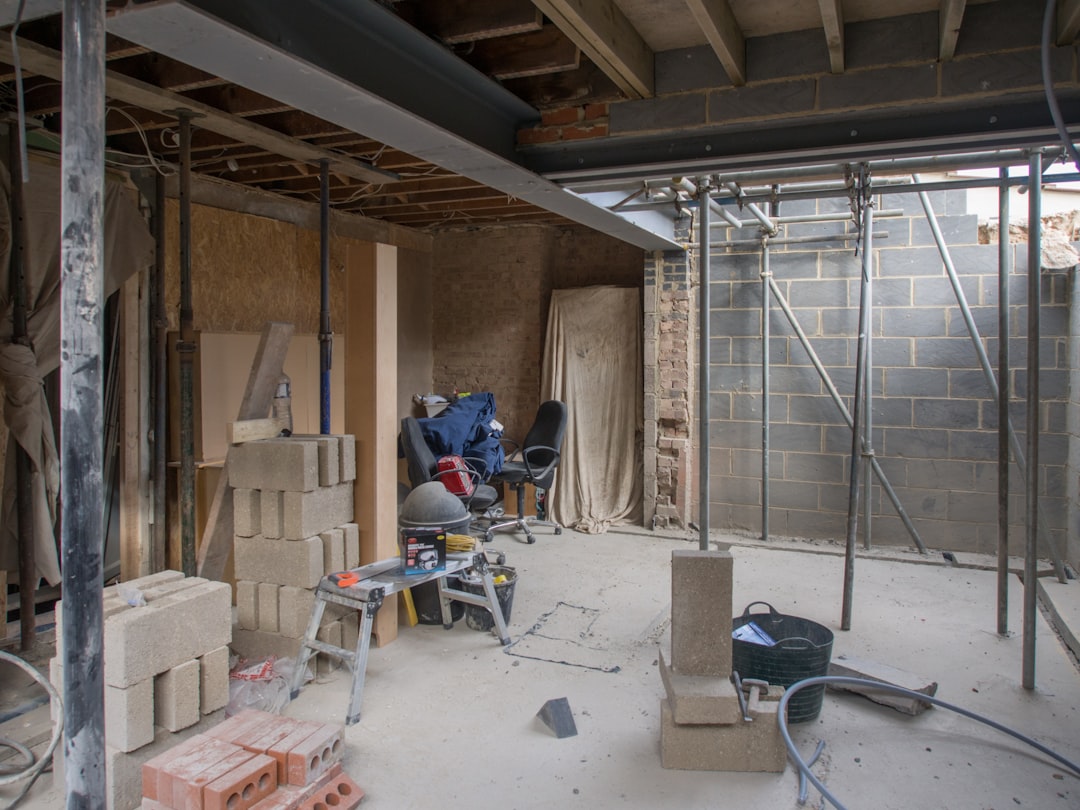
Interior trim is a crucial element in residential construction, providing the finishing touches that enhance a home's aesthetic appeal. However, estimating the cost of interior trim installation can be complex. Factors such as material type, linear footage, labor complexity, and finish schedule significantly impact the budget. For trade professionals, accurate cost estimation is essential to maintain profitability and client satisfaction.
Material choice is a primary cost driver. Options include:
Utilizing real-time supplier data ensures accurate pricing.
Accurate measurement of linear footage is critical. A typical 2,000 sq ft home may require over 700 linear feet of trim. Efficient waste management minimizes cost overruns.
Labor costs vary based on room complexity. Factors include ceiling height and trim intricacy. For example:
The finish method affects both cost and timeline. Options include:
Interior trim costs vary by home type:
These estimates include materials, labor, and basic finishes.
Use voice commands to capture project details quickly and accurately.
Automated measurements ensure precise estimates.
Stay updated with current material costs to avoid budget surprises.
Adjust labor rates based on regional data for competitive bids.
Avoid these pitfalls:
A builder used advanced estimation tools to secure a profitable bid on a Craftsman home, demonstrating the effectiveness of precise cost management.

Managing change orders effectively is crucial for maintaining profitability. Integrated workflows ensure seamless adjustments to original estimates.
Quickly update project scopes and generate approval forms for client changes.
Maintain profitability with customizable mark-up presets and transparent cost comparisons.
Ensure accurate execution with synchronized updates to field teams.
Utilize historical data to refine future bids and improve project outcomes.
Provide detailed cost breakdowns and visual previews to enhance client satisfaction and drive referrals.